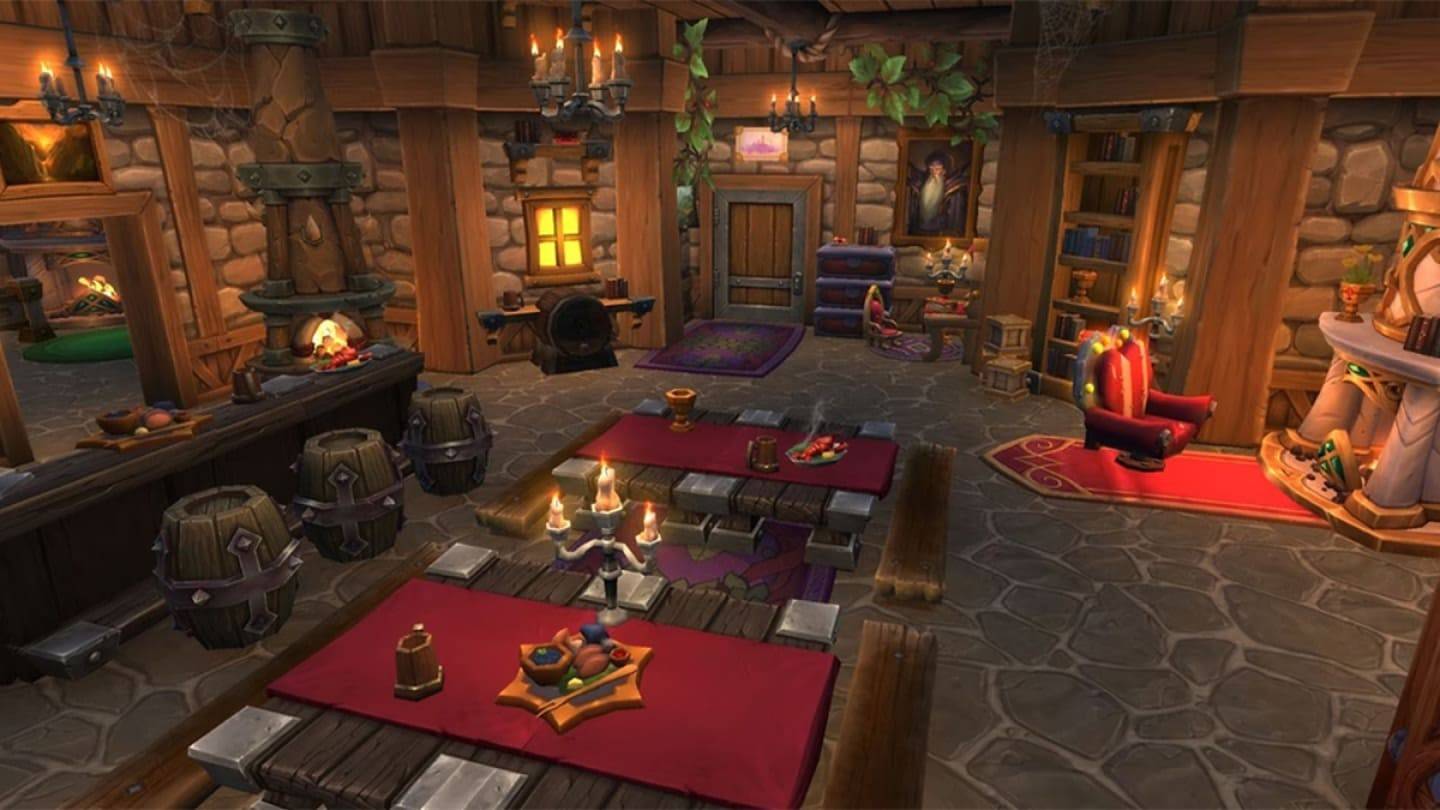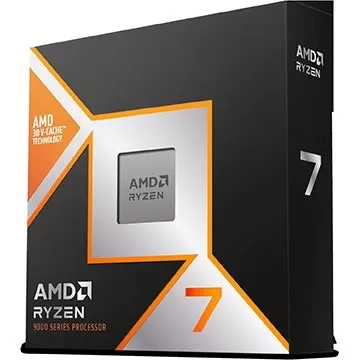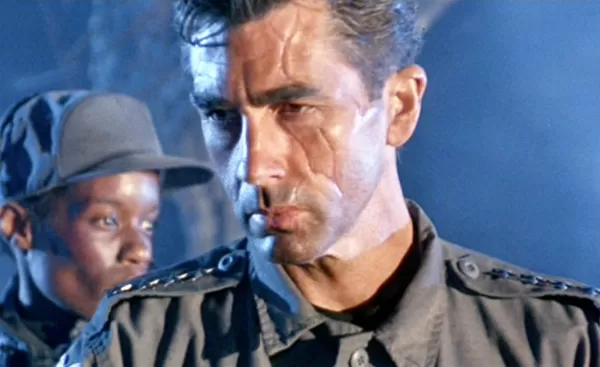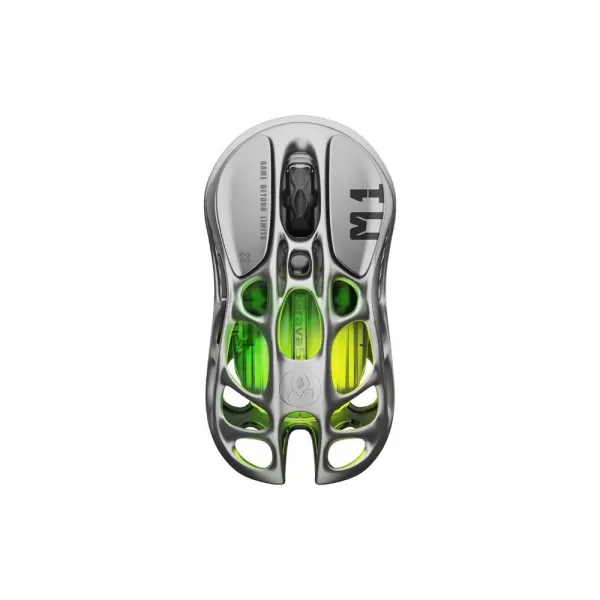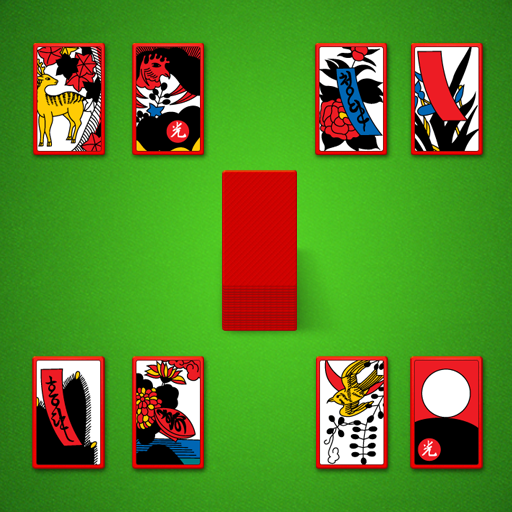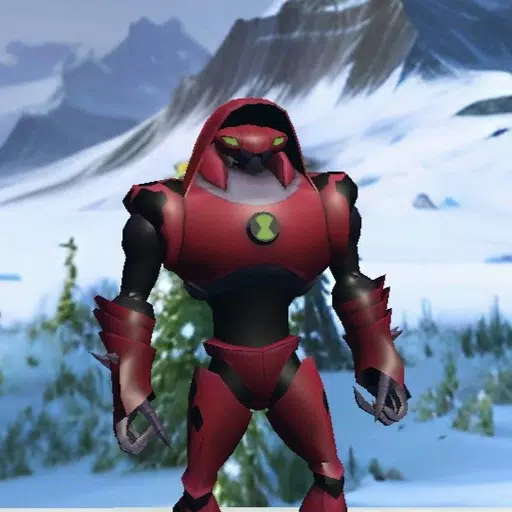Activision, the creator of Call of Duty, has finally acknowledged using generative AI in the development of Black Ops 6. This admission comes nearly three months after fans accused the company of employing AI to create subpar assets, particularly a controversial "Zombie Santa" loading screen.
Following the Season 1 Reloaded update, players noticed several anomalies in Black Ops 6's loading screens, calling cards, and in-game art related to Zombies events. The main point of contention was the Zombie Santa ("Necroclaus") loading screen, which appeared to depict Santa Claus with six fingers – a common flaw in generative AI art.

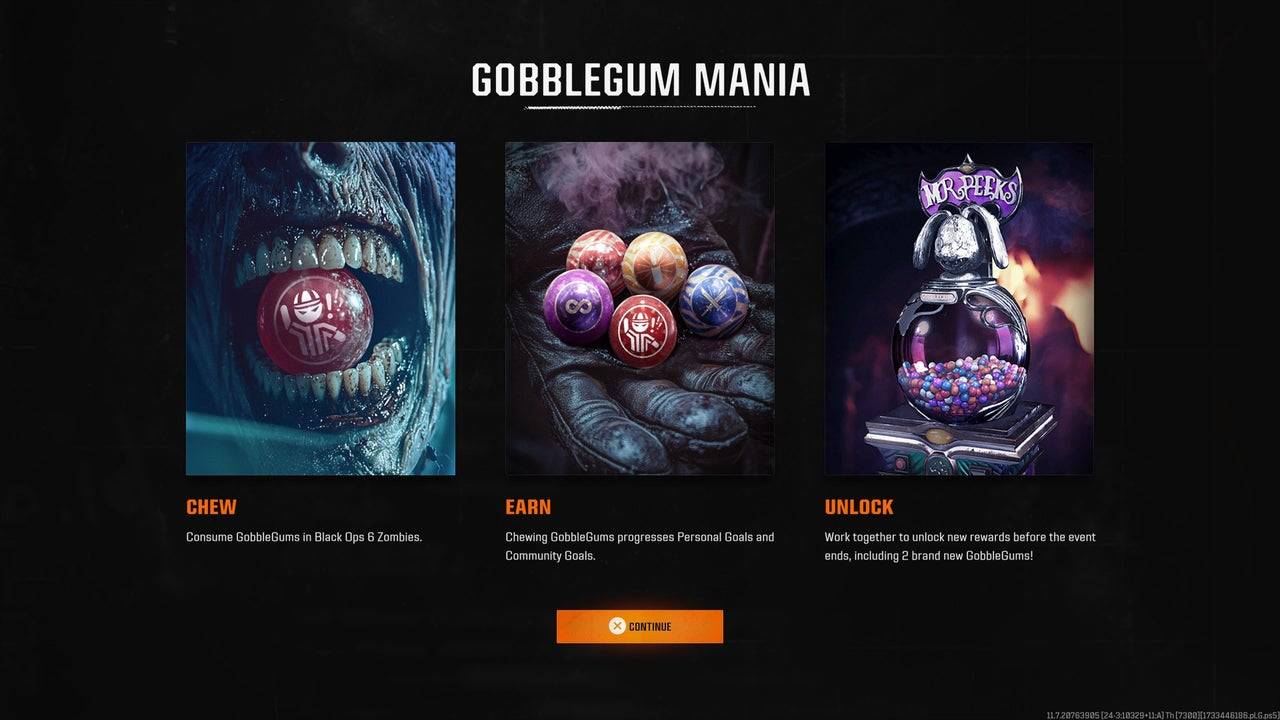
Following pressure from fans and in light of new AI disclosure regulations on Steam, Activision added a vague disclosure to Black Ops 6's Steam page: "Our team uses generative AI tools to help develop some in-game assets."
This admission follows a Wired report from July, revealing that Activision sold an AI-generated cosmetic for Call of Duty: Modern Warfare 3 in 2023 (from the Yokai's Wrath bundle), without disclosing the AI's involvement. This cosmetic was sold for 1,500 COD Points (approximately $15), contributing to Activision's substantial revenue. Wired also reported on alleged layoffs of 2D artists and the subsequent forced adoption of AI tools by remaining staff.
The use of generative AI in the gaming industry is a contentious issue, raising ethical and rights concerns, and facing criticism for its inconsistent ability to produce high-quality, enjoyable content. Keywords Studios' failed experiment in creating an entirely AI-generated game serves as a cautionary tale. The game's failure highlighted AI's inability to fully replace human talent.

